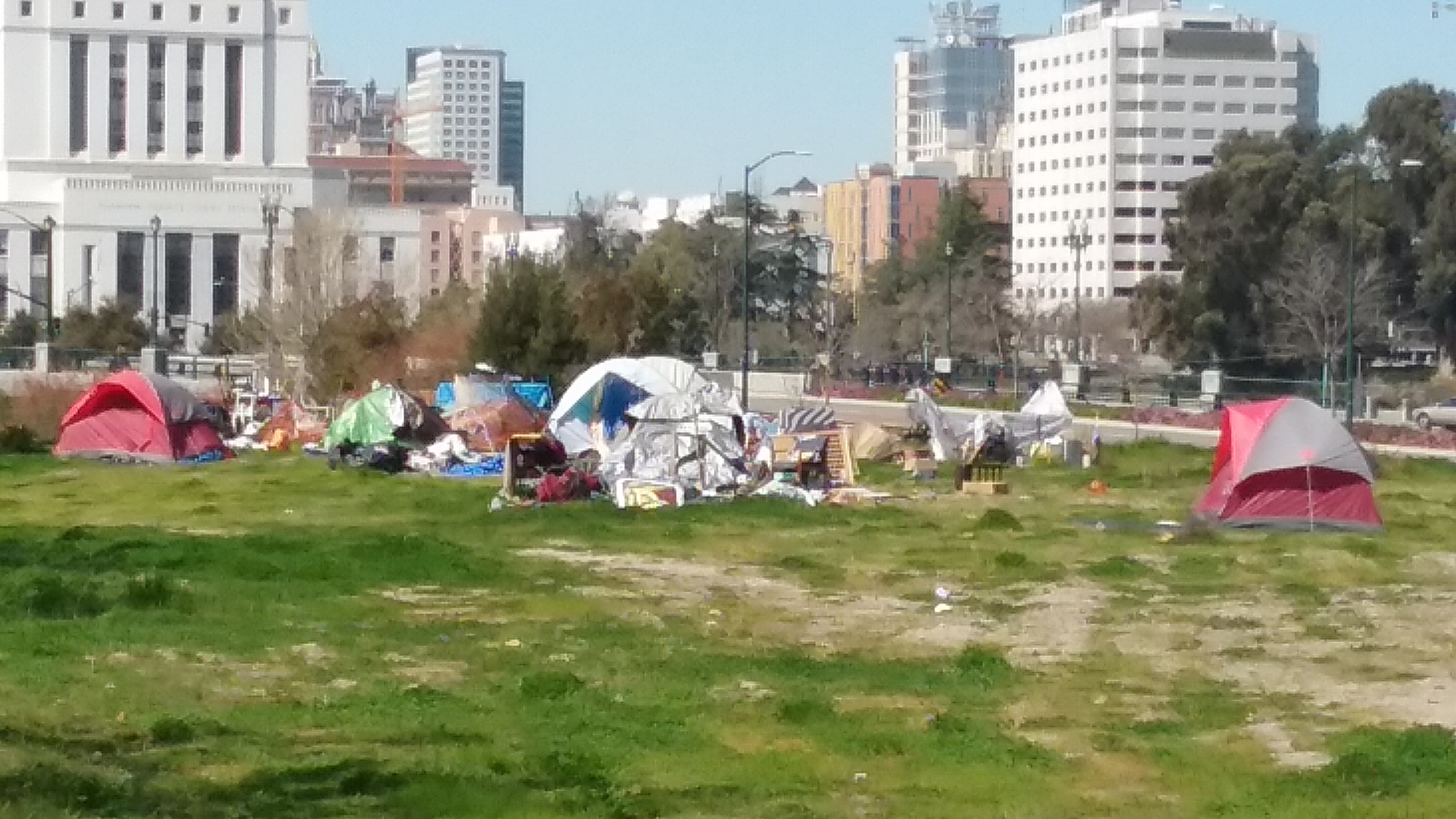Matthew Desmond on California’s homelessness issue

Matthew Desmond, the sociologist who wrote the great book Evicted, on what’s going on in California, ground zero of progressive NIMBYism and impossible housing prices: (gift link)
Here I was in a county where 78 percent of the residents voted for Joe Biden, but the meeting had the dark energy of a Donald Trump rally, circa 2016. It felt like the whole town would rather burn down the La Quinta Inn than use it to house the most vulnerable.
Study after study confirms that the solution to homelessness is permanent affordable housing. But the kind of resistance I witnessed in Millbrae has prevented the state from building anything close to the amount of affordable housing it needs.
Since Newsom’s executive order, I’ve been losing sleep. California’s shelters have waiting lists with hundreds of people on them. So what is the end game? When you combine California’s fierce NIMBYism and maxed-out shelters with statewide sweeps, where are people without a home going to go? To internment camps on the edge of town? To repurposed prisons?
Californians are not alone in feeling frustrated about homelessness. From Portland, Ore., to Portland, Maine, Americans have grown tired and angry, but we cannot allow our growing resentment to crash down on the very people who have already lost so much. We have to channel it into demanding solutions that work. And that’s going to require being willing to open up our neighborhoods and reform our tax breaks.
A progressivism that affirms the abstract right to housing but violently resists the brick-and-mortar reality of that commitment? That is a progressivism unworthy of the name.
Nearly 96% — so basically all — of residential land in California is zoned exclusively for single-family homes.
Meanwhile, and not coincidentally, the median (not the average) price for a single-family home in the greater Los Angeles metro area (not the city of Los Angeles proper, mind you, but a vast metroplex which is home to more people than all but about three other states) has risen from $305,000 in 2012 to an even one million dollars last month.
A huge issue here is that the deterioration of any sense of community and social solidarity, combined with the closely related sense of increasing precarity that haunts many even very well off people, makes huge swathes of the middle and upper classes terrified of any decline in their home values, since so much of their financial security, such as it is, is now tied up in that particular nest egg.
And the people who are paying the steepest price for that are the vast numbers of unhoused people in a country that is almost unimaginably wealthier than it was when J.K. Galbraith published The Affluent Society, 65 years ago now.


